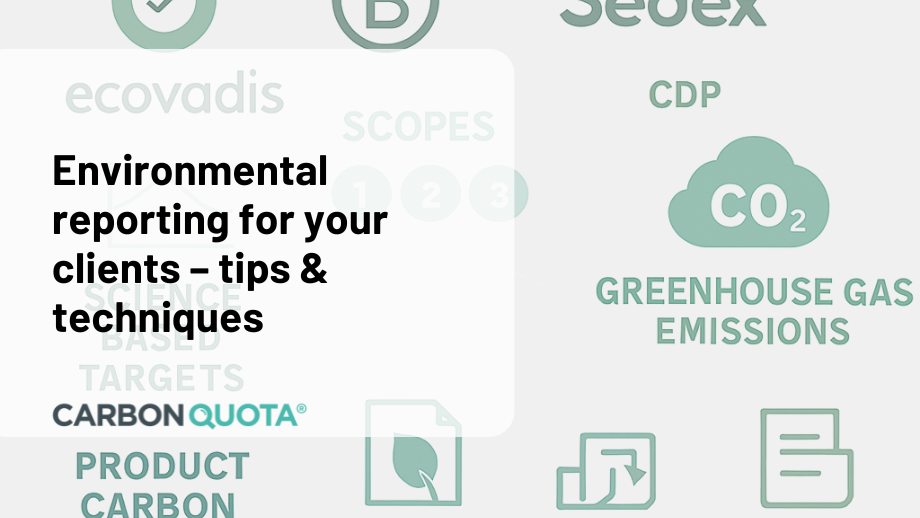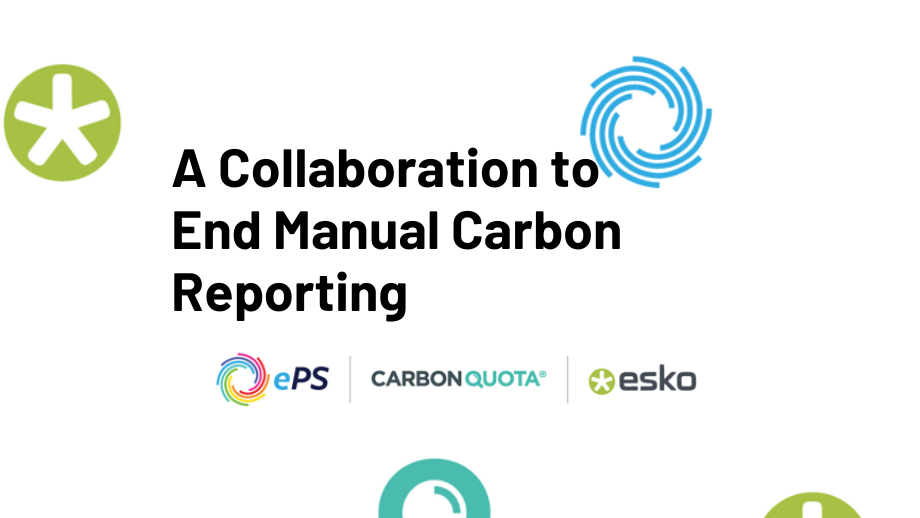Carbon emissions are a significant driver of climate change, contributing to rising global temperatures, extreme weather events and environmental disruptions.
If global temperatures rise more than 1.5°C above pre-industrial levels, we’re likely to see more intense heatwaves, severe floods and irreversible damage to ecosystems.
The last decade has been the warmest on record and the effects are already being felt. To prevent the worst impacts, we need to make immediate and substantial reductions in emissions.
The economic and social impact of carbon emissions
The consequences of carbon emissions aren’t confined to the environment; they’re also affecting economies and businesses. According to the World Bank, natural disasters cost the world around $520 billion each year, including both human and economic losses. For businesses, this translates into ongoing challenges such as supply chain disruptions, rising energy costs, and unpredictable weather.
Governments are introducing more rigorous regulations aimed at reducing emissions. Companies that don’t act could face penalties, increasing operational costs and reputational damage. In the UK, for example, the government’s Net-Zero Strategy requires the country to cut emissions by 68% by 2030, compared to 1990 levels. To stay ahead, businesses must measure, manage and reduce their emissions.
Opportunities in a low-carbon economy
The shift towards a low-carbon economy is not just about mitigating risks; it’s also a huge opportunity. Companies proactively reducing their carbon footprints are ensuring they’ll thrive in the changing market. Investing in cleaner technologies, more efficient processes and innovative solutions not only reduces emissions but opens doors to new market opportunities.
For example, electric vehicle sales surged globally, reaching 10.5 million in 2022, an increase of 55% from the previous year. This highlights how businesses that invest in renewable energy, carbon-conscious designs and low-emission practices are not just improving sustainability but are also positioning themselves for growth in the emerging green economy.
Take action for long-term success
Reducing emissions is no longer optional. Businesses that don’t act now will struggle to stay competitive, whereas those that act can unlock substantial long-term benefits. By measuring emissions, setting clear reduction targets and committing to sustainable practices, companies can improve their revenue, enhance their brand reputation and help ensure a stable future.
Being proactive with carbon management can strengthen your company’s resilience, foster innovation and create a positive domino effect throughout your supply chain.
The choices made today will shape tomorrow’s business landscape, and those who embrace sustainability will lead the way.



